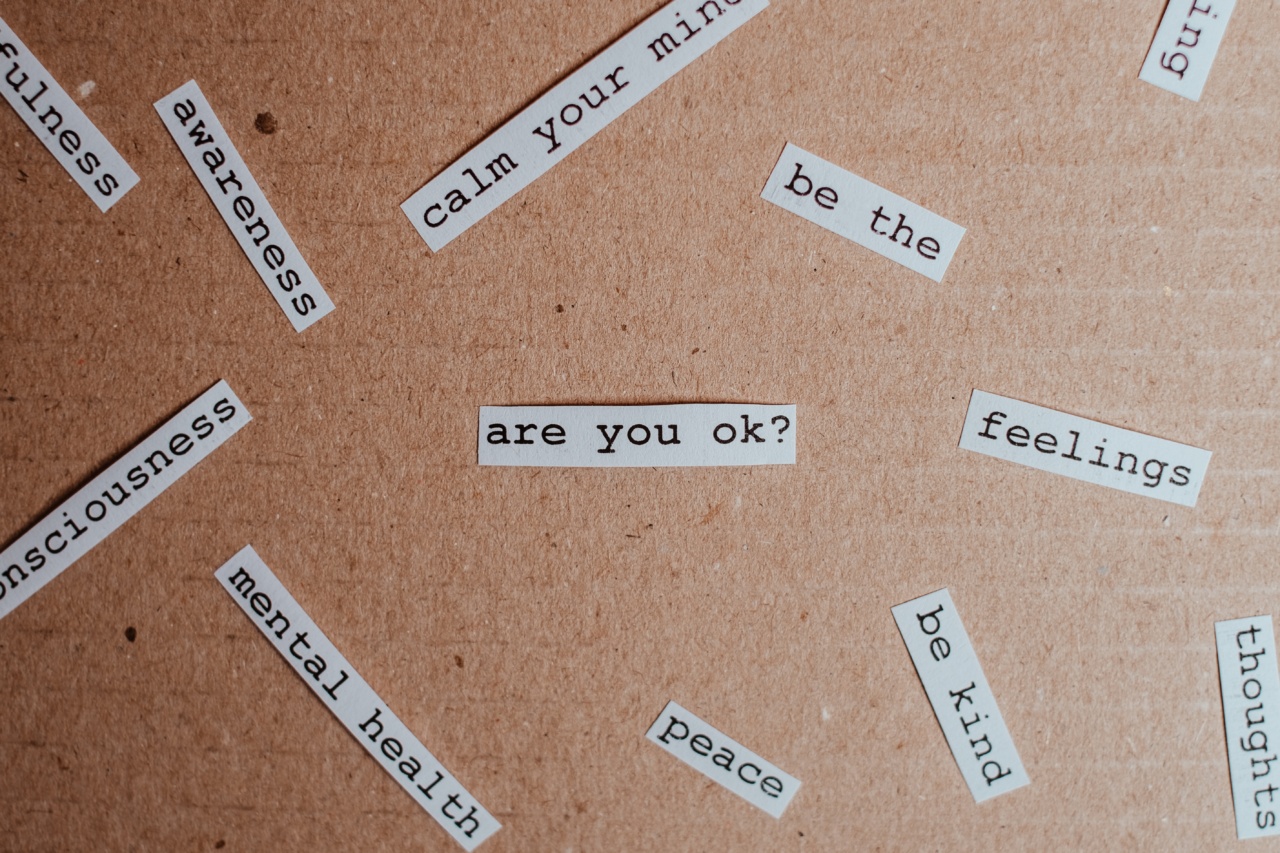Have you ever experienced uncontrollable, spasmodic contractions of your diaphragm muscle that resulted in a sudden reflexive intake of breath? This involuntary action, commonly known as hiccups, can be quite annoying and embarrassing.
Though hiccups usually last for only a few minutes, they can persist for a few hours or even weeks. In this article, we will discuss six reasons why you get hiccups, their effects on the body, and possible remedies to relieve them.
Reason 1: Eating and Drinking Too Fast or Too Much
The rate at which you consume food and drink matters. When you eat or drink too fast, you fill your stomach with air, which causes the diaphragm to contract and produce hiccups.
Additionally, consuming large amounts of food or drink in one sitting can lead to hiccups, as your stomach stretches and presses against your diaphragm. To avoid this, eat and drink slowly and in smaller portions and avoid overindulgence.
Reason 2: Overconsumption of Alcohol
Alcohol consumption can also lead to hiccups. This is because alcohol irritates the esophagus and stomach, leading to the stimulation of the vagus nerve, which controls the diaphragm.
When this nerve is stimulated, it causes the diaphragm to contract, and hiccups occur. To prevent alcohol-induced hiccups, drink moderately or avoid alcohol altogether.
Reason 3: Sudden Temperature Changes
Quick temperature changes in your environment can trigger hiccups. When you move from a warm environment to a cold one, or vice versa, the temperature changes affect the level of carbon dioxide in your blood.
This alteration irritates the diaphragm, causing it to contract and leading to hiccups. If you are in an environment with changing temperatures, try to adjust gradually to avoid sudden temperature changes.
Reason 4: Emotional Excitement
Emotional excitement, such as stress, anxiety, or excitement, can cause hiccups. This is because your emotional state can affect your breathing patterns and cause the diaphragm to contract excessively, leading to hiccups.
Learning to manage your emotions and avoiding stressful or anxiety-inducing situations can help prevent hiccups.
Reason 5: Medical Conditions
Some medical conditions can cause hiccups. These include gastroesophageal reflux disease (GERD), pneumonia, stroke, brain tumors, or nerve damage.
In these cases, hiccups are a symptom of the underlying condition, and appropriate medical treatment is necessary to alleviate them.
Reason 6: Irritation of the Diaphragm
The irritation of the diaphragm can also cause hiccups. This can occur due to various factors, such as abdominal surgery, tumors, or hair touching the eardrum. When your diaphragm is irritated, it contracts involuntarily, resulting in hiccups.
The best way to avoid this is to maintain good posture and avoid wearing tight clothing that puts pressure on the diaphragm.
Remedies for Hiccups
Though not usually serious, hiccups can be quite uncomfortable and even embarrassing. Here are some remedies to relieve hiccups:.
- Drink a glass of water: Slowly sip a glass of water to relax your diaphragm.
- Hold your breath: Take a deep breath and hold it for a few seconds, then exhale slowly. Repeat this several times to relax your diaphragm.
- Breathe into a paper bag: Breathe slowly into a paper bag for a few minutes. This technique helps your diaphragm relax and prevents the intake of too much air.
- Gargle with ice water: Gargling with ice water helps to regulate the vagus nerve and calm the diaphragm.
- Suck on a lemon: Sucking on a lemon stimulates the sour taste buds, which interrupts the hiccup response.
- Massage your carotid artery: Gently massaging your carotid artery in the neck can stimulate the vagus nerve, which helps calm the diaphragm.
Conclusion
Hiccups are usually not a cause for concern, and they resolve on their own. However, if you experience persistent hiccups that last for more than 48 hours, you should seek medical attention.
To prevent hiccups, you should maintain good eating and drinking habits, avoid overconsumption of alcohol, manage your emotions, and maintain good posture. If you experience hiccups, try one or more of the remedies outlined above to relieve them quickly.































